Artificial intelligence (AI) today is incredibly powerful, capable of writing articles, creating art, programming, and answering questions. It’s evolving rapidly and becoming more human-like, to the point where it could replace people. Meanwhile, we seem to be declining, behaving more like machines as we think and work mechanically, repeating routines day after day. Our choices are constrained in a world that values productivity over creativity.
What are we working hard for, waiting for tomorrow? It’s easy to feel confused about our purpose in life, which is more terrible than being replaced by machines. We need to solve our own problems, as AI can’t do this for us.
I apologize for starting this article on a negative note, but the reality is clear. Depression among primary and secondary school students is increasing, and unemployment among college and graduate students is a concern. Young professionals are working long hours and feeling burnt out, while middle-aged individuals face heavy responsibilities.
However, we are resilient and seek outlets to relieve stress. We travel, camp, bond over food and drinks, engage in sports and extreme activities, and find comfort in online communities. Although such activities provide temporary relief, they don’t offer a long-lasting sense of happiness. We used to dream of a fulfilling life, but now it seems unattainable.
One source of anxiety is the fear that we’ll be replaced by AI. Many people believe that AI can easily outperform most humans. But we must remember that AI is a tool and not a replacement for human creativity and empathy.
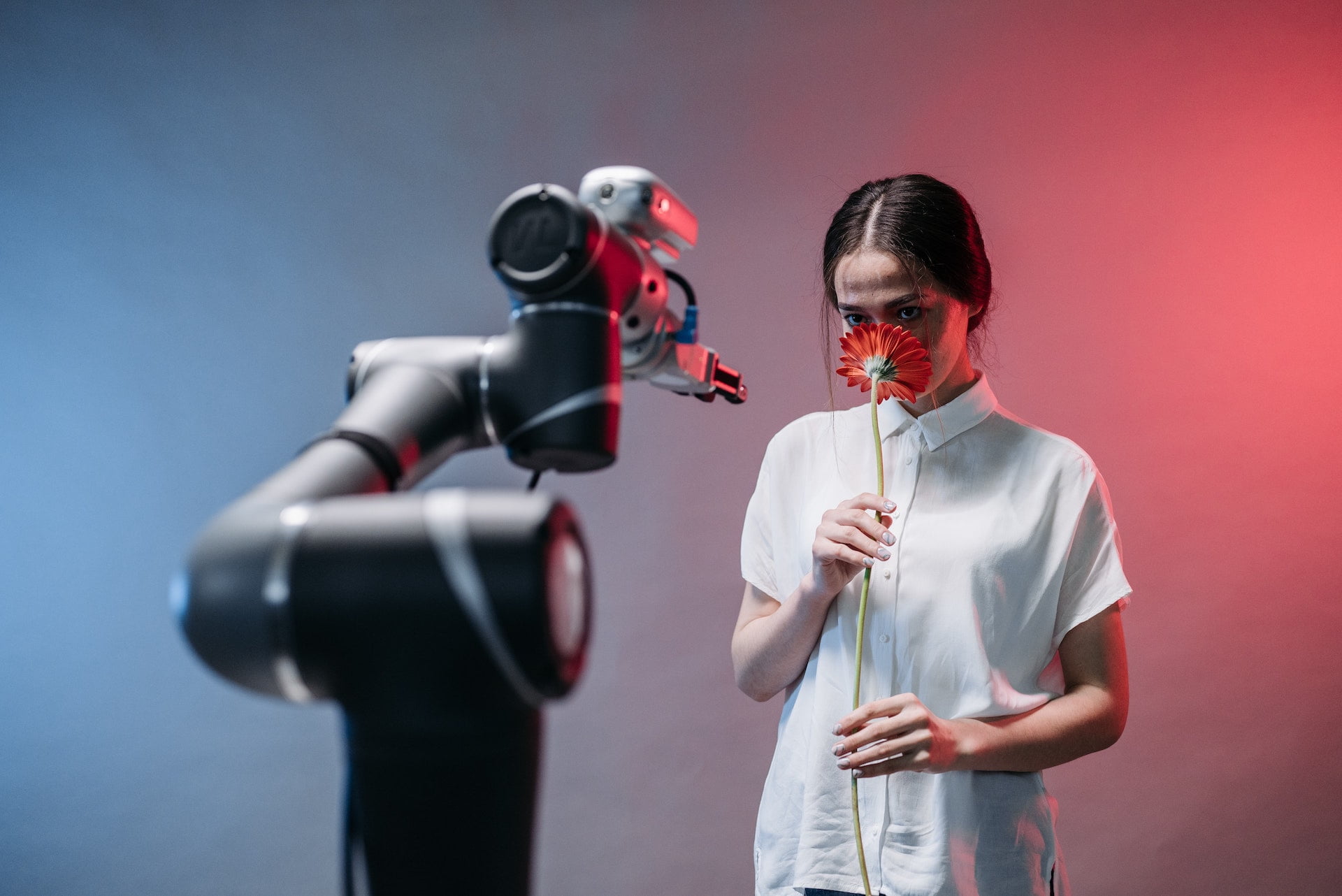
In the foreseeable future, machines will not be able to replace humans completely. This is because humans are complex beings with a unique combination of strengths and weaknesses. Humans possess both reason and emotion, and can be both rational and irrational. Machines, on the other hand, lack the integrity and completeness of humans. They lack hobbies, flaws, and true spirit. This makes it difficult for them to form real connections with people, as they lack the qualities that are necessary for building relationships.
While machines do possess unfathomable wisdom, they lack the true spirit and affection that humans have. Additionally, not all humans possess the same level of true spirit and affection. If we try to keep up with machines and become more machine-like ourselves, we risk losing our humanity and our ability to form genuine connections with others.
Human beings also possess five senses – vision, hearing, touch, smell, and taste – that are extremely valuable. These senses allow us to experience things like falling in love, which machines cannot do. Machines lack the ability to understand people and the society they create, as they lack the practical experience necessary to truly comprehend the complexity of human behavior and emotions.
While AI technology has brought about significant improvements in productivity and efficiency, it remains to be seen whether it can improve the well-being of the general public. There is also a concern that those who reject AI technology may be left behind and unable to fully participate in society.
As AI technology continues to evolve, it is important to consider the dignity of human beings, the soundness of the human mind and personality, and the space for human choice and development. We must not forget the initial problems of human civilization, such as the meaning of our lives and how we can be more meaningful. In the future, we may see humans and AI as enemies, and the relationship between the two may fundamentally change the course of human history. Regardless of what the future holds, it is important for us to prioritize our humanity and our ability to form genuine connections with others.
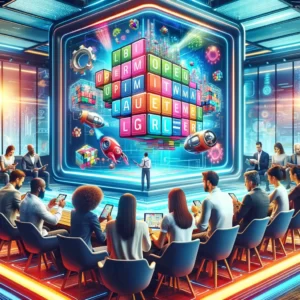

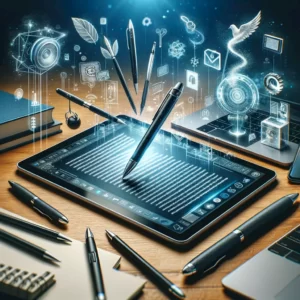

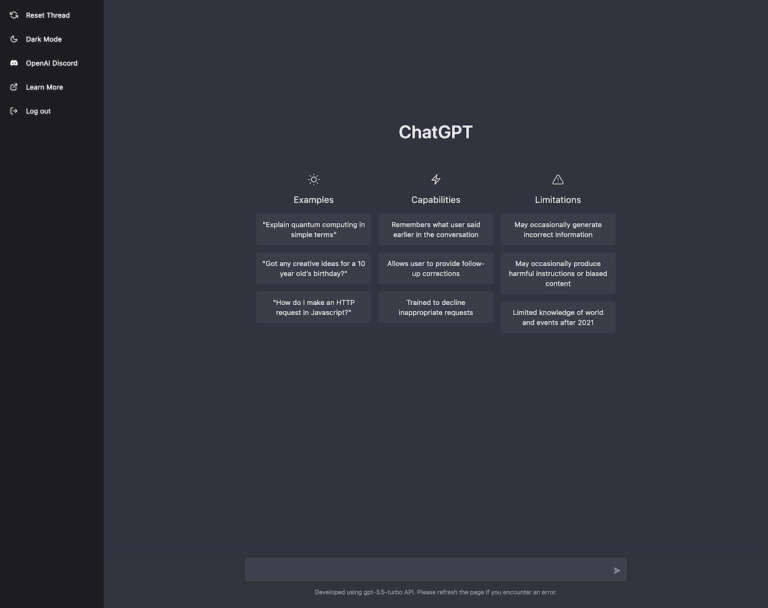
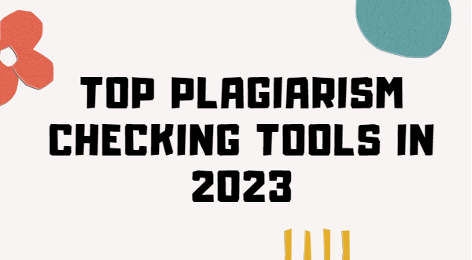
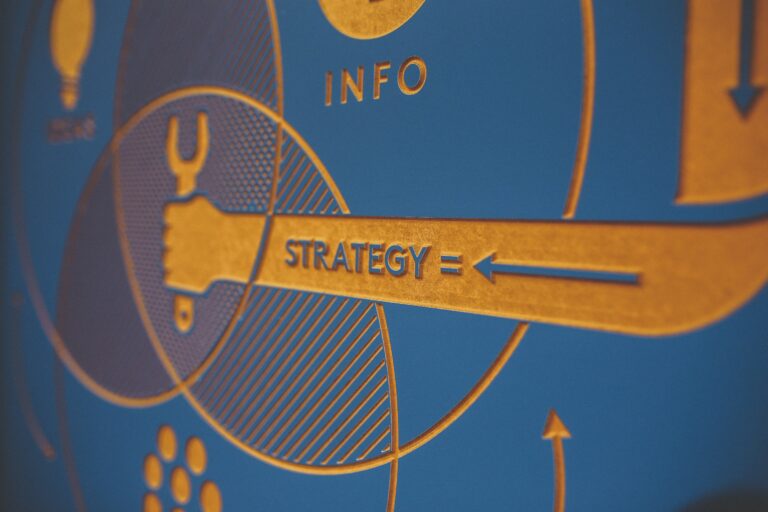




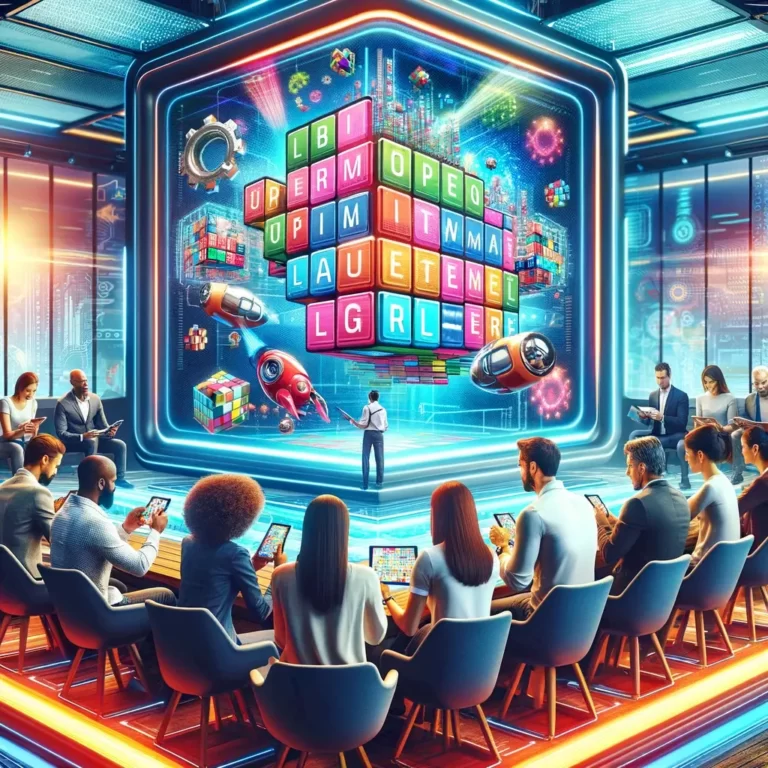

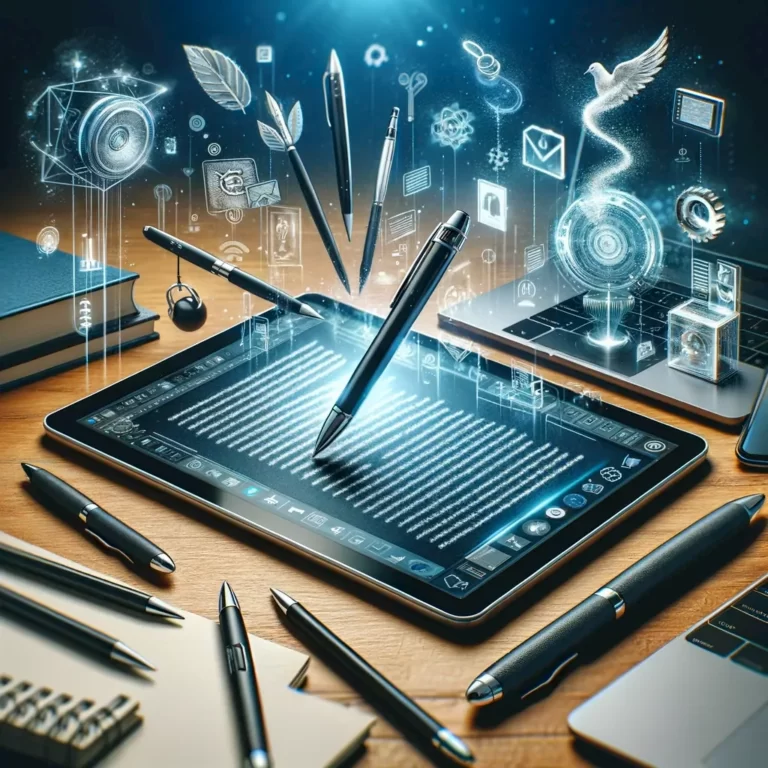


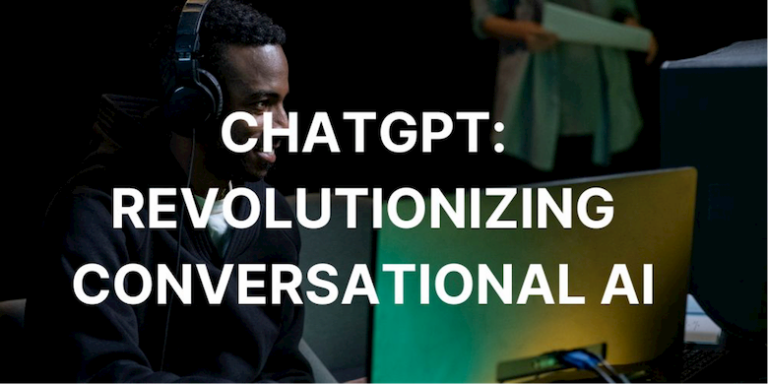
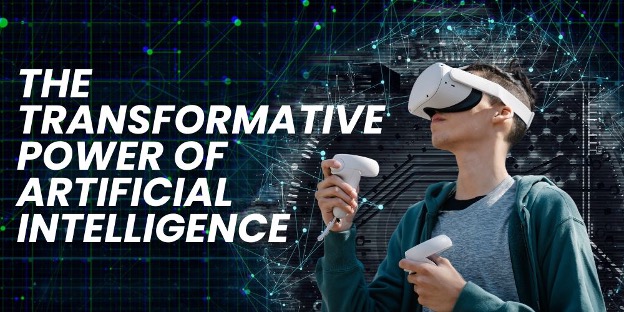
+ There are no comments
Add yours